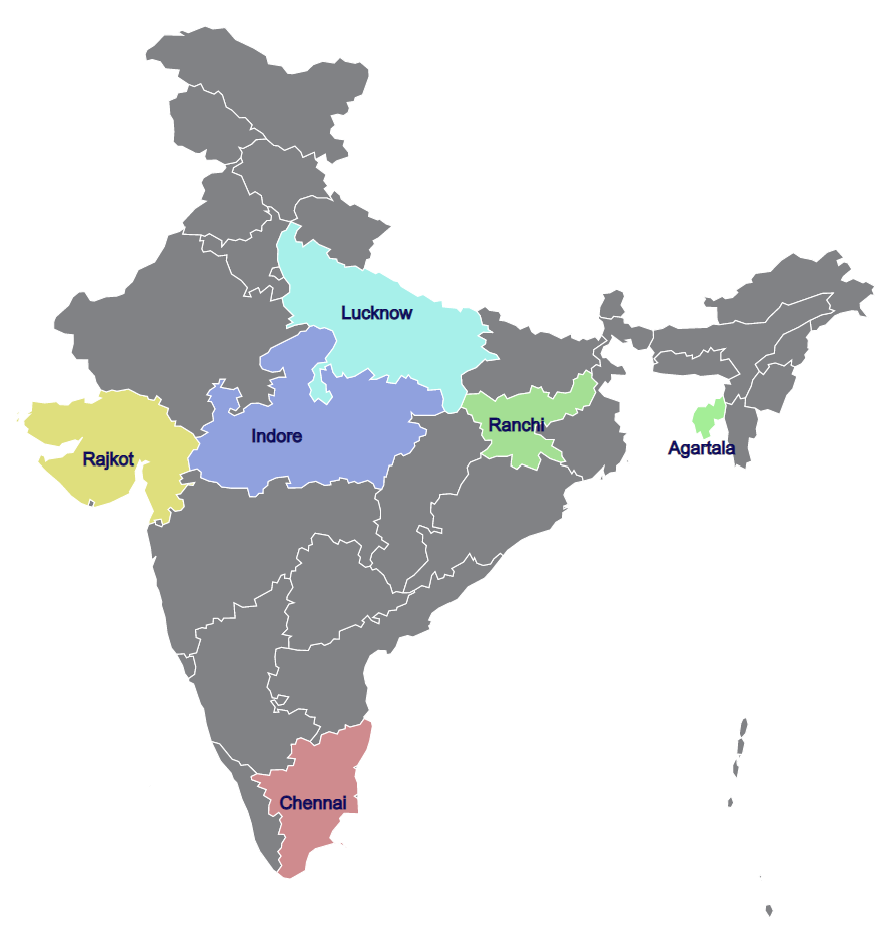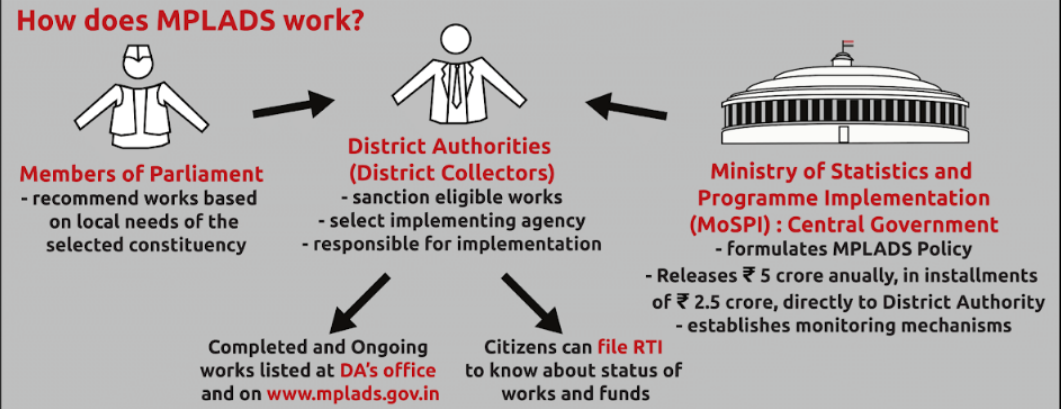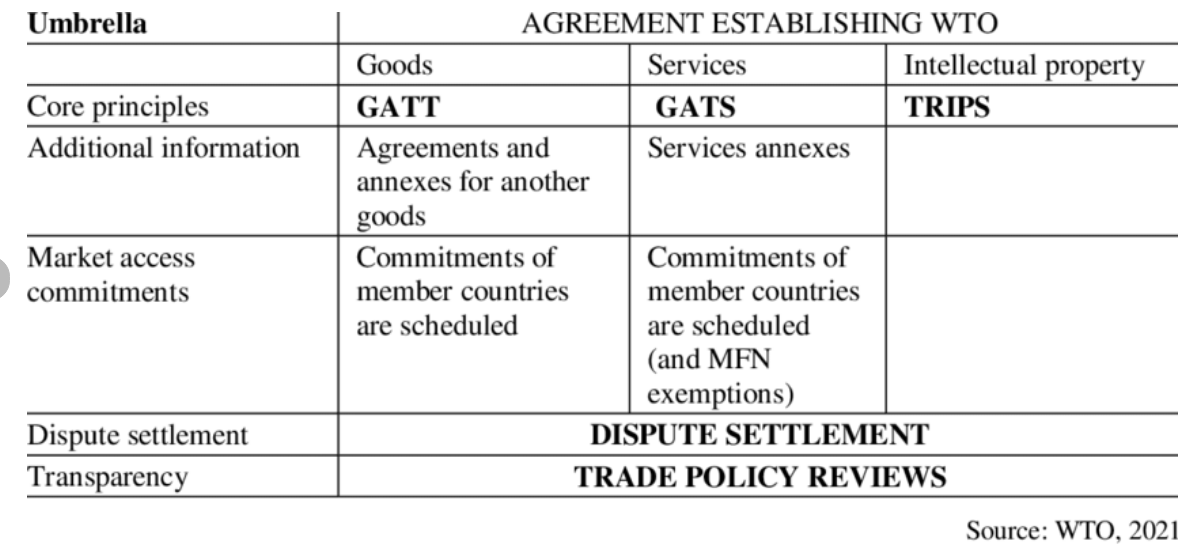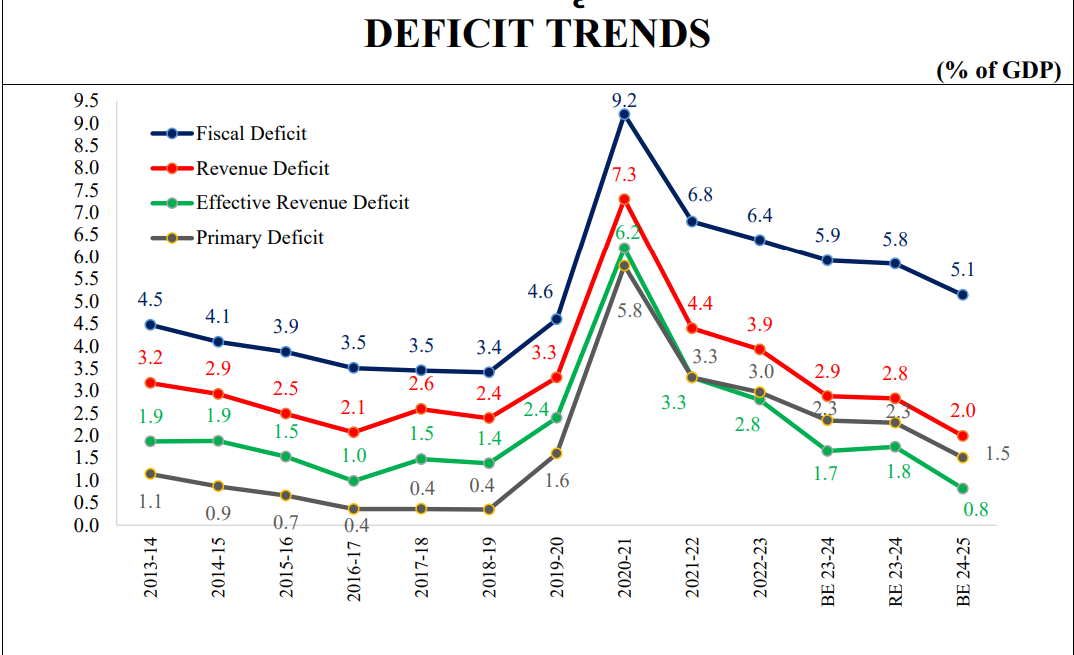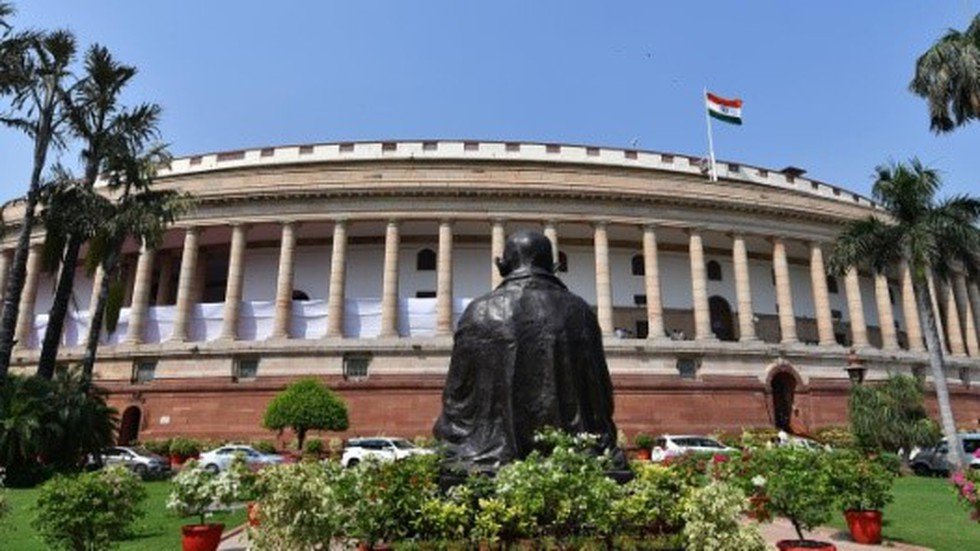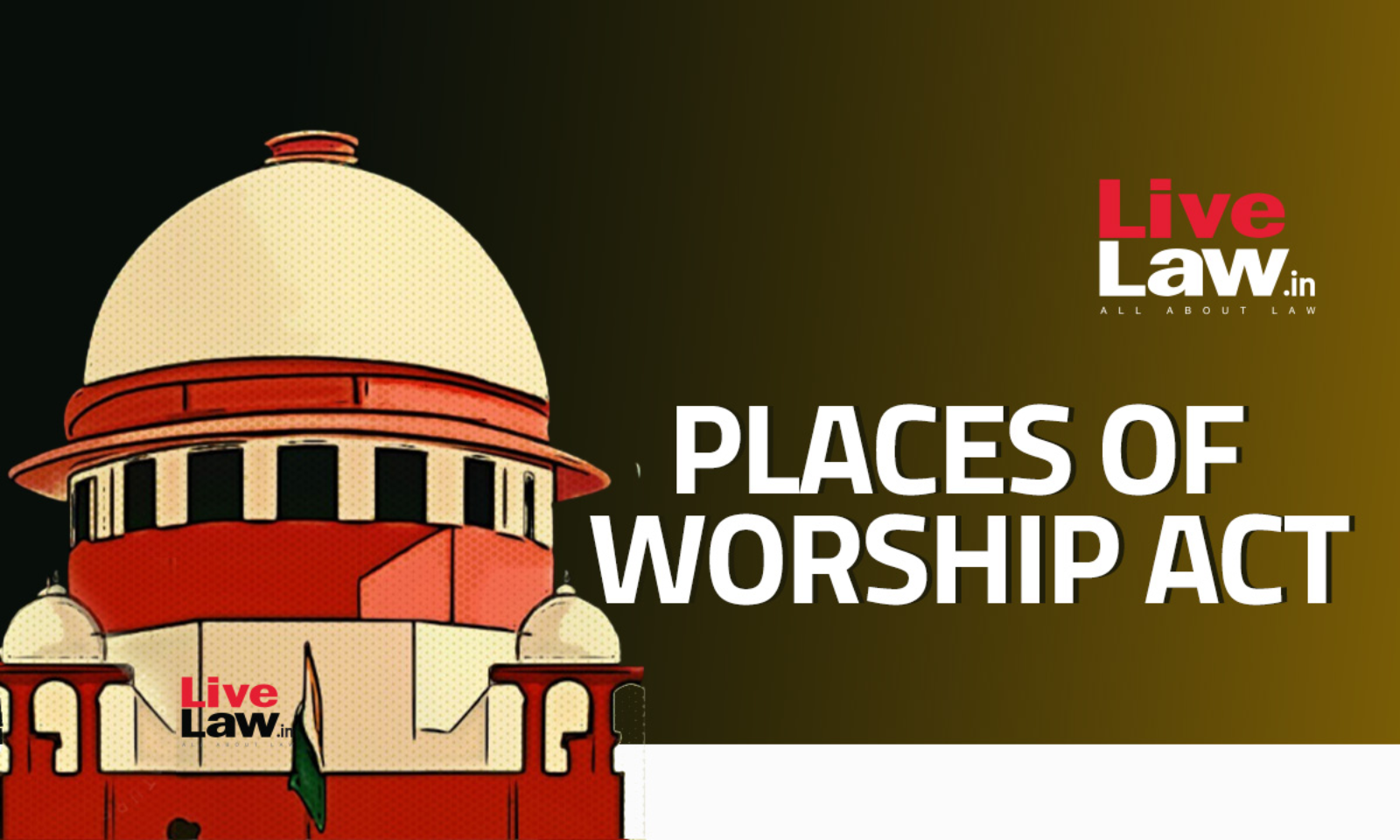
Court Vacations
Subscribers of "Current Affairs" course can Download Daily Current Affairs in PDF/DOC
Subscribe to Never Miss an Important Update! Assured Discounts on New Products!
Must Join PMF IAS Telegram Channel & PMF IAS History Telegram Channel
- Context (IE): CJI recently spoke about the criticism often made towards the number of vacation days awarded to Indian judges.
- Then Law Minister Kiren Rijiju also criticized the judiciary for taking long vacations even as pending cases hit record levels every year.
Duration of Court Vacations
- The 1958 statute: Vacation means such periods during a year fixed by SC rules with the prior approval of the President.
- The current rule followed by SC for vacation is SC Rules, 2013 and CJI issues notifications for the vacation every year.
Supreme Court
- The SC has 193 working days a year for its judicial functioning.
- The SC breaks for its annual summer vacation which is typically for seven weeks.
- A week-long break each for Dussehra and Diwali and two weeks at the end of December.
High Court
- High Courts function for approximately 210 days.
- High Courts have the power to structure their calendars according to the service rules.
Trial Courts
- Trial Courts function for approximately 245 days.
- The subordinate criminal courts do not have any vacation, but the subordinate civil courts have vacations.
What Happens to Important Cases During Court Vacations?
- Generally, a few judges are available to hear urgent cases even when the court is in recess.
- “Vacation Benches” comprising two or three judges hear important cases that cannot wait.
Vacation Bench
- A Vacation Bench of the SC is a special bench constituted by the CJI.
- Litigants can still approach the SC and, if the court decides that the plea is an “urgent matter”, the Vacation Bench hears the case on its merits.
- It is not uncommon for courts to hear important cases during vacations.
- In 2015, SC heard the challenge to the constitutional amendment setting up the National Judicial Appointments Commission (NJAC) during the summer vacation.
- In 2017, a Constitution Bench held a six-day hearing in the case challenging the practice of triple talaq during summer vacation.
Legal Provisions
- Under Rule 6 of The SC rules, 2013, the CJI has nominated the Division Benches for hearing of urgent miscellaneous matters and regular hearing matters during the summer vacation for the period.
- CJI may appoint one or more Judges to hear during summer vacation or winter holidays all matters of an urgent nature which under these rules may be heard by a Judge sitting singly.
- And, whenever necessary, CJI may likewise appoint a Division Court for the hearing of urgent cases during the vacation which require to be heard by a Bench of Judges.
Need for Vacation
- Except on rare occasions like family tragedies or health issues, judges do not take leave of absence like other working professionals when the court is in session.
- Judges are overburdened on a daily basis and work extremely long hours. In the absence of sufficient breaks, judges will suffer a burnout.
- Many judges use the long breaks to write judgments that are pending and also catch up on research, which is essential for judges to maintain the quality of justice.
- They also have to perform administrative tasks like supervision of lower judiciary and appointment of judges.
- Role in reduction of pendency of cases – Reducing vacations will not see a dramatic decrease in pendency of cases, as pendency relates largely to legacy cases that need to be tackled systemically.
Issues with Court Vacations
-
Not Convenient for Justice Seekers: The long vacation which the courts obtain is not very convenient for justice-seekers.
- For an ordinary litigant, the vacation means further unavoidable delays in listing cases.
-
Not good Optics in Light of Pendency: Extended frequent vacations are not good optics, especially in the light of mounting pendency of cases and the slow pace of judicial proceedings.
- There is a backlog of over 3.1 crore cases in Indian courts.
- Incongruous with European Practices: The summer break perhaps began because European judges of the Federal Court of India found Indian summers too hot and took the winter break for Christmas.
- There are no governmental organizations in the country except courts and schools that have vacation.
Recommendations
Justice Malimath Committee
- In 2000, the period of vacation should be reduced by 21 days.
- It suggested that the SC work for 206 days, and HCs for 231 days every year.
Law Commission Report, 2009
- The vacations in the higher judiciary must be curtailed by at least 10 to 15 days and the court working hours should be extended by at least half an hour.
The Parliamentary Standing Committee on Personnel, Public Grievances, Law and Justice
- In its 133rd report mentioned that vacations in the judiciary are a ‘colonial legacy’ and entire court going on vacation causes deep inconvenience to the litigants.
SC on Vacations
- In 2014, when the pendency of cases hit the 2 crore mark, then CJI R M Lodha had suggested keeping the SC, HCs, and trial courts open round the year.
- Former CJI T S Thakur also suggested holding court during vacations if parties and lawyers mutually agreed.
- In 2014, when the SC notified its new Rules, it said that the period of summer vacation shall not exceed seven weeks from the earlier 10-week period.




![PMF IAS Environment for UPSC 2022-23 [paperback] PMF IAS [Nov 30, 2021]…](https://pmfias.b-cdn.net/wp-content/uploads/2024/04/pmfiasenvironmentforupsc2022-23paperbackpmfiasnov302021.jpg)


